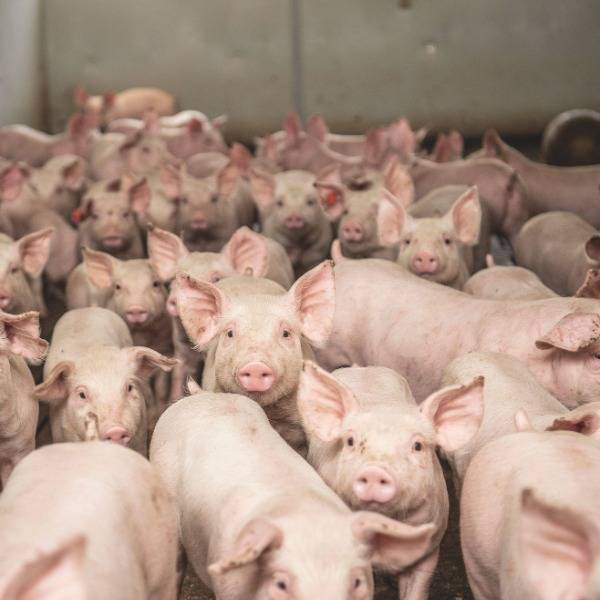Saudi Arabia sits on more than 25 per cent of the world’s oil reserves, and as such has a central place on the world stage. It is a long-standing ally of America, although the two countries are often critical of each other in public. One example of that came on Sunday, when Saudi Arabia issued a statement condemning the killing of three American Muslim college students in North Carolina as a “heinous terrorist” act, calling for an end to incitement against Muslims. There is certainly a point to be made about the rise of Islamophobia in western countries, and the fact that this shooting has not, thus far, been treated as a hate crime. Yet many will question whether Saudi Arabia is best-placed to point fingers at other states, given the fact that it operates with barely any regard for its citizen’s human rights. Political parties are banned, and the official opposition to the Saud dynasty is organised from outside the country. Activists who publically broach the subject of reform risk jail and corporal punishment.
The most high profile victim of these repressive laws is the blogger Raif Badawi, the founder of a website called Free Saudi Liberals, a platform for the discussion of liberal ideas and social reform. He was jailed in 2012 on charges that included “setting up a website that undermines general security” and “ridiculing Islamic religious figures”. He was sentenced to a seven year sentence and 600 lashes. A retrial later upgraded this sentence to 10 years and 1,000 lashes. This was not the worst possible outcome: the prosecution wanted Badawi to be charged with apostasy, which carries the death sentence. The flogging will be administered in weekly bouts of 50. The first session took place outside a mosque in Jeddah on 9 January, in the same week as the world watched the bloody denouement to the terrorist attack on the Charlie Hebdo offices in Paris. There was a brutal symmetry to the two events; the staff of a magazine killed by criminals for the content they published, and thousands of miles away, a blogger being lashed by the state he lived in for exercising his right to free speech.
Amnesty International has declared Badawi a “prisoner of conscience”, and eighteen Nobel Laureates wrote an open letter asking Saudi academics to condemn the punishment. The US, EU, Britain, and others all criticised the inhumane punishment of Badawi and urged Saudi Arabia not to pursue the flogging. There is no indication that this critical rhetoric will be backed up with any kind of punitive action. The Saudi authorities have not made any public acknowledgement of the international outcry, but the second, third, and fourth rounds of lashing did not take place on health grounds. It is possible that the Kingdom is quietly hoping to avoid further bad publicity; in the past, Saudi Arabia has sometimes given in to international pressure over its treatment of prisoners. One example is the British-Canadian William Sampson, who was tortured for two years and seven months in jail in Riyadh, but was eventually released in 2003. It is also possible, though, that the authorities are waiting for the media storm to pass before continuing with the punishment.
Of course, Badawi is just one prisoner among many. His plight should not be viewed as an individual aberration, but as indicative of much wider-scale human rights abuses. Saudi Arabia’s new monarch, King Salman, issued an amnesty for some prisoners at the end of January. But most prisoners of conscience were not included, because “crimes related to state security” were excluded from the pardon. This phrase does not refer to clearly defined articles in Saudi Arabian laws, but to a vaguely worded list of charges generally applied to human rights activists and political dissidents. (As we reported in April, atheism and criticising Islam are officially classified as terrorism.) There are no definitive figures for the number of political prisoners in Saudi jails; the Ministry of Interior denies that there are any, while others have estimated that there could be up to 30,000. There is no doubt that there is a significant number of people jailed for their views, consisting both of Islamists and liberals.
There is little international pressure on Saudi Arabia to improve freedom of speech, belief, and thought. Its allies in the west criticise without taking meaningful action, continuing to cooperate with Saudi Arabia across the board, and maintaining alliances that confer legitimacy on the regime. The Kingdom’s confidence on the world stage is demonstrated by pronouncements such as the recent one on North Carolina. In recent years, internal demands for political reform have increased; activists for women’s rights have become more vocal, while social media users are pushing the boundaries of freedom of expression. Those attempts have mostly been met with further repression. The brave activists pushing ahead – Badawi, and others like him – deserve the whole-hearted support of the international community, not just empty words.

